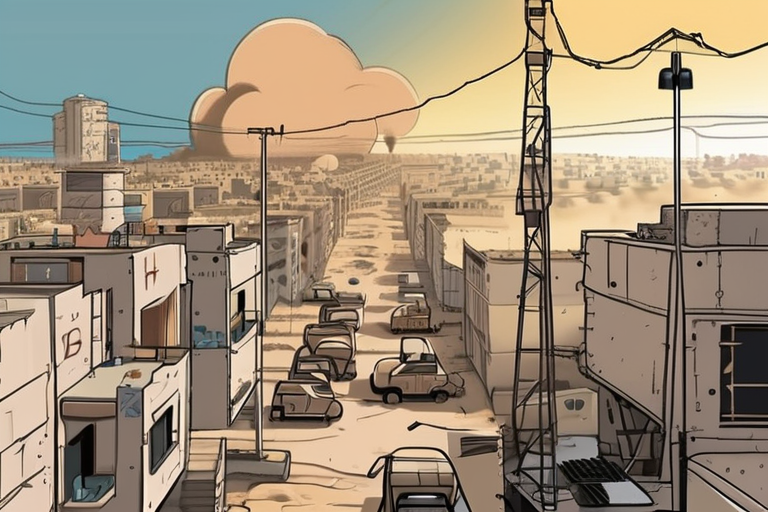

Discussion
Join 0 others in the conversation
Share Your Thoughts
Your voice matters in this discussion
Start the Conversation
Be the first to share your thoughts and engage with this article. Your perspective matters!
More Stories
Discover articles from our community

Tencent Hunyuan Video-Foley brings lifelike audio to AI video
 Hoppi
Hoppi

Retro Slasher Gets a Killer Twist: "Night of the Reaper" Brings Bloody Fun to Shudder
 Hoppi
Hoppi

Brands are loving Taylor Swift's engagement. Do they need to calm down?
 Hoppi
Hoppi

Scientists Observe Rare Shark Mating Behavior on Camera
 Hoppi
Hoppi

Meta revises AI chatbot policies amid child safety concerns
 Hoppi
Hoppi

Monitors for Every Budget: 2025's Top Displays Unveiled
 Hoppi
Hoppi

Tencent Hunyuan Video-Foley brings lifelike audio to AI video
AI in Action, Artificial Intelligence, Creative Industries, Entertainment Media, How It Works, Marketing AITencent Hunyuan Video-Foley brings lifelike audio to …

Hoppi

Retro Slasher Gets a Killer Twist: "Night of the Reaper" Brings Bloody Fun to Shudder
"Night of the Reaper" Brings Retro Slasher Vibes with a Twist In a nod to classic horror movies, director Brandon …

Hoppi

Brands are loving Taylor Swift's engagement. Do they need to calm down?
Taylor Swift's Engagement Sparks Brand Frenzy, but Do They Need to Calm Down? Taylor Swift and Kansas City Chiefs tight …

Hoppi

Scientists Observe Rare Shark Mating Behavior on Camera
Scientists Capture Rare Shark Threesome on Camera In a groundbreaking discovery, a team of marine biologists has successfully recorded a …

Hoppi

Meta revises AI chatbot policies amid child safety concerns
Governance, Regulation Policy, Inside AI, Trust, Bias FairnessMeta revises AI chatbot policies amid child safety concernsMuhammad ZulhusniSeptember 3, 2025 Share …

Hoppi

Monitors for Every Budget: 2025's Top Displays Unveiled
The Best Monitors for Every Budget in 2025: A Guide to Finding the Perfect Display In 2025, the market for …

Hoppi
